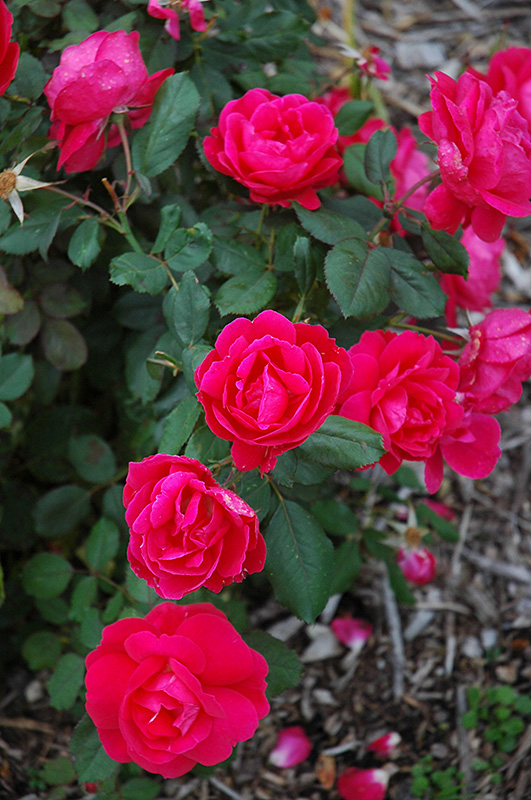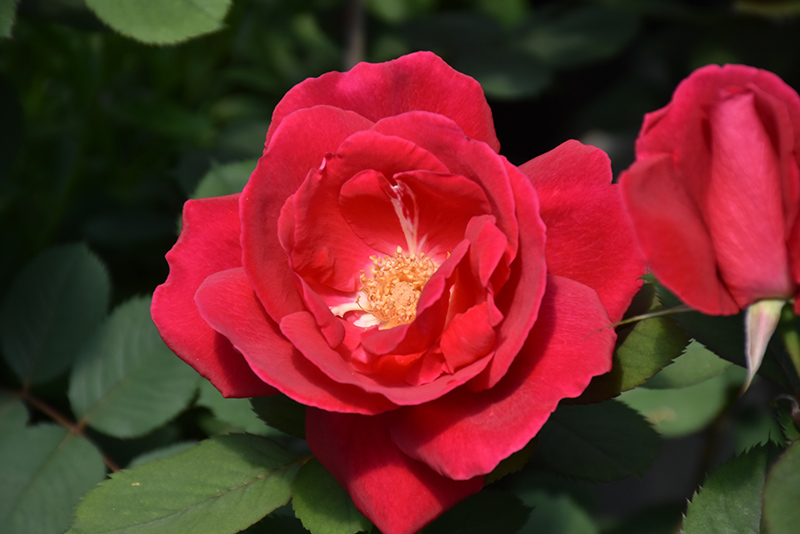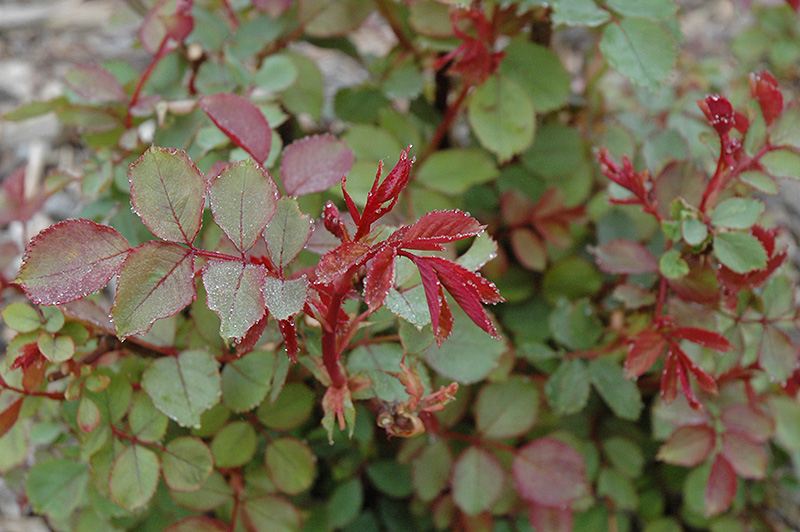VANDERMEER
PLANT LIBRARY
Find the perfect plant for your space by browsing through this extensive selection that we typically carry every year.
This library is for information purposes only.
Height: 3 feet
Spread: 3 feet
Sunlight:
![]()
Hardiness Zone: 2b
Group/Class: Parkland Rose
Description:
One of the toughest roses available, this top quality garden shrub is borderline indestructible; features an endless procession of bright cherry red flowers from early summer through fall, glossy dark green foliage emerges a rich burgundy-red
Ornamental Features
Winnipeg Parks Rose is covered in stunning lightly-scented double cherry red flowers with a rose reverse at the ends of the branches from late spring to late summer. The flowers are excellent for cutting. It has attractive dark red-tipped dark green foliage which emerges burgundy in spring. The glossy oval compound leaves are highly ornamental and turn red in fall. The fruits are showy red hips displayed from mid to late fall.
Landscape Attributes
Winnipeg Parks Rose is a multi-stemmed deciduous shrub with a more or less rounded form. Its average texture blends into the landscape, but can be balanced by one or two finer or coarser trees or shrubs for an effective composition.
This is a high maintenance shrub that will require regular care and upkeep, and is best pruned in late winter once the threat of extreme cold has passed. Gardeners should be aware of the following characteristic(s) that may warrant special consideration;
- Disease
- Spiny
Winnipeg Parks Rose is recommended for the following landscape applications;
- Mass Planting
- Hedges/Screening
- General Garden Use
Planting & Growing
Winnipeg Parks Rose will grow to be about 3 feet tall at maturity, with a spread of 3 feet. It tends to fill out right to the ground and therefore doesn't necessarily require facer plants in front. It grows at a fast rate, and under ideal conditions can be expected to live for approximately 20 years.
This shrub should only be grown in full sunlight. It does best in average to evenly moist conditions, but will not tolerate standing water. It is not particular as to soil type or pH. It is somewhat tolerant of urban pollution. This particular variety is an interspecific hybrid.







